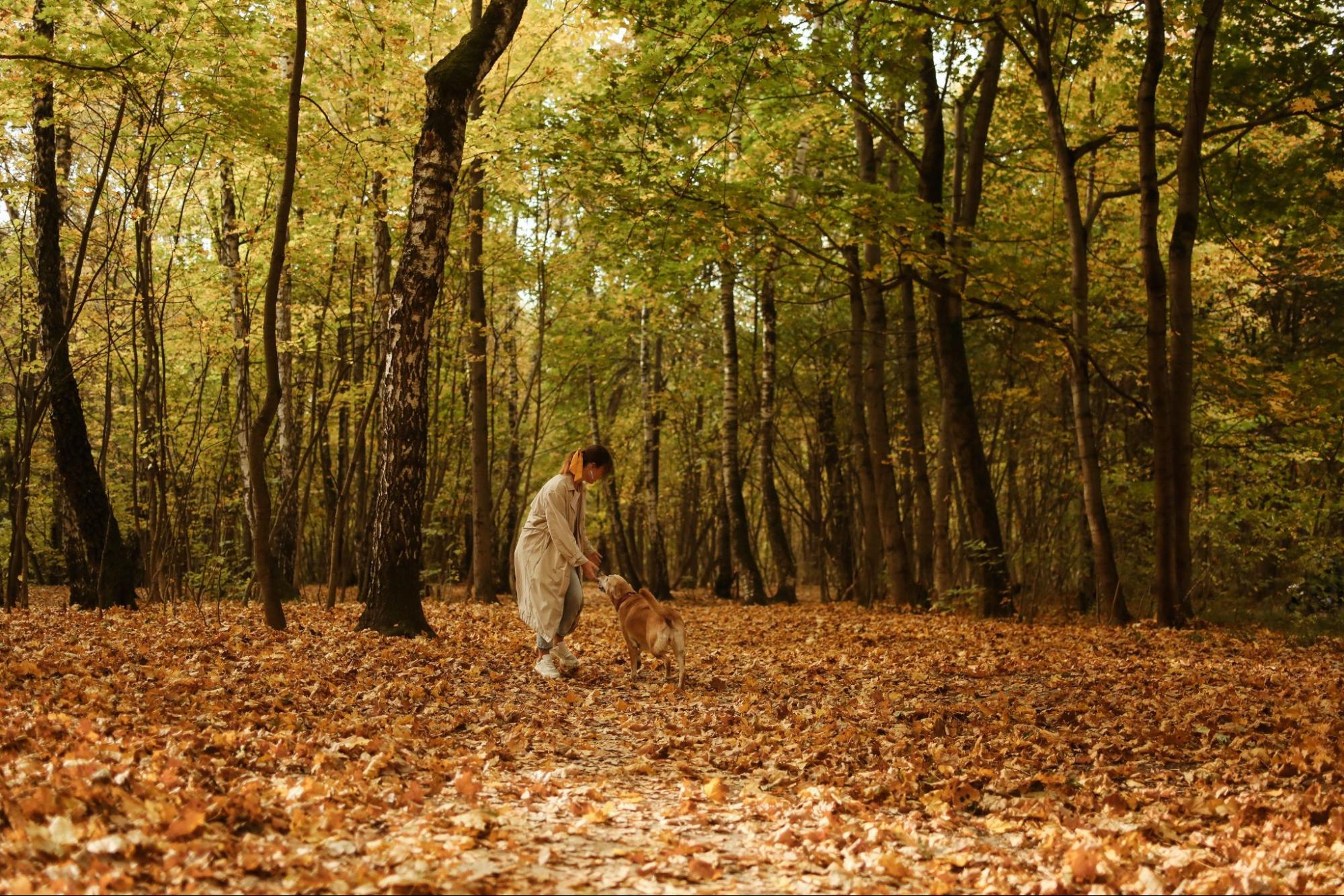Coccidioidomycosis in Dogs
Coccidioidomycosis, also known as Valley Fever, is a fungal infection that can affect dogs, including Labradors. This disease is caused by the fungus Coccidioides immitis or Coccidioides posadasii, which are found in the soil of certain regions. When dogs inhale the fungal spores, they can develop respiratory symptoms and other complications.
Labradors, being active and curious dogs, may be more prone to coming into contact with the fungus while exploring outdoor areas. The symptoms of coccidioidomycosis in dogs can vary widely but commonly include coughing, difficulty breathing, lethargy, weight loss, and lameness. If you notice any of these signs in your Labrador, it’s crucial to seek veterinary attention promptly.
Diagnosing coccidioidomycosis in Labradors involves a combination of physical examination findings, clinical signs assessment, and laboratory tests such as blood tests or chest X-rays. Treatment typically includes antifungal medications prescribed by a veterinarian. Ensuring your Labrador avoids exposure to contaminated soil and keeping them indoors during times of high risk can help reduce their chances of contracting this infection.
Overall, understanding coccidioidomycosis and its potential impact on Labradors is essential for dog owners to properly protect their furry friends from this fungal infection. Regular check-ups with a veterinarian and timely intervention can greatly contribute to managing this condition effectively.

What is Coccidioidomycosis in Dogs?
Coccidioidomycosis, also known as Valley Fever, is a fungal infection that can affect dogs, including Labradors. It is caused by the inhalation of spores from the fungus Coccidioides immitis or Coccidioides posadasii, which are commonly found in arid regions such as the southwestern United States.
Here’s what you need to know about coccidioidomycosis in dogs:
- Transmission: Dogs contract coccidioidomycosis by inhaling fungal spores present in contaminated soil or dust. Activities like digging, sniffing around dusty areas, or being exposed to windblown soil increase the risk of infection.
- Symptoms: The signs of coccidioidomycosis can vary widely and may resemble other illnesses. Common symptoms include coughing, fever, lethargy, weight loss, lameness, and difficulty breathing. In severe cases, it can progress to pneumonia or disseminate to other organs.
- Diagnosis: If your Labrador shows any signs of illness and has been in an endemic area for coccidioidomycosis, your veterinarian may recommend diagnostic tests such as blood work, chest X-rays, and serology tests to detect antibodies against the fungus.
- Treatment: Treatment options for coccidioidomycosis in dogs usually involve antifungal medications tailored to the individual dog’s condition. The duration of treatment varies depending on the severity of the infection but typically lasts several months.
- Prevention: Since prevention is crucial when dealing with this disease, it’s important to minimise exposure to environments where Coccidioides fungi thrive. If you live in an endemic area or plan to visit one with your Labrador retriever, take precautions like avoiding dusty areas and using dust masks during activities that may kick up fungal spores.
- Prognosis: The prognosis for dogs with coccidioidomycosis depends on various factors, including the severity of the infection, the presence of underlying health conditions, and early detection. With timely diagnosis and appropriate treatment, many dogs recover well from this fungal disease.
Remember, if you suspect your Labrador may have coccidioidomycosis or any other illness, consult with a veterinarian experienced in diagnosing and treating fungal infections to ensure proper care for your beloved pet.
